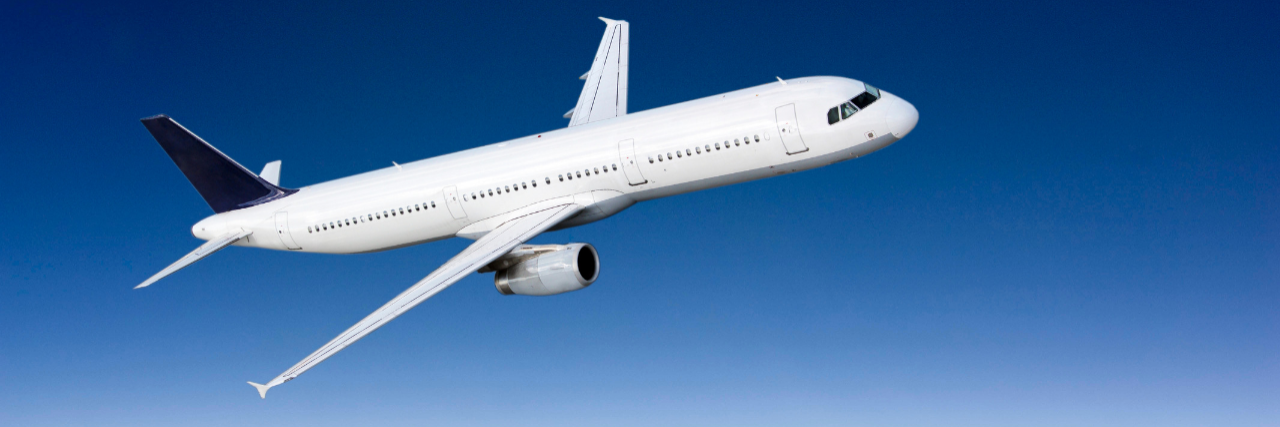Delta Air Lines is once again tightening restrictions on service and emotional support animals (ESA). The airline announced on Monday that it will prohibit ESAs on flights longer than eight hours and will ban service dogs and ESAs younger than four months on all flights. This is the third support animal policy change Delta has made this year.
Citing an 84 percent increase in incidents involving ESAs and service animals, Delta announced in January that people flying with support animals would need to provide better documentation. Those traveling with an animal need to notify the airline before the flight and provide vaccination records at least 48 hours before their flight. In addition to a doctor or mental health professional’s note, flyers would need another document proving the animal isn’t aggressive.
Delta issued its second change in June, stating it would no longer accept “pit bull type” ESAs or service animals because of a “growing safety concern.”
Now, service animals and ESAs younger than four months won’t be able to travel in the cabin starting Dec. 18 unless they are in a pet carrier. Though this rule affects both ESAs and service animals, the eight-hour flight rule is only for ESAs. The airline said it would not accept service or support dogs under four months of age due to rabies vaccination requirements. It did not specify why ESAs would not be allowed on flights longer than eight hours. The duration rule takes effect on Feb. 1, but ESAs will not be able to be booked on long flights starting Dec. 18.
While businesses cannot discriminate against people with disabilities under the Americans with Disabilities Act (ADA), commercial airlines do not have to be ADA-compliant. Instead, they follow the Air Carrier Access Act, a federal law designed to protect the rights of those with disabilities while flying. Under the Air Carrier Access Act, airlines may exclude animals that are too large, obstruct aisles or emergency exits or “pose a direct threat to the health or safety of others.”
Unlike the ADA, the Air Carrier Access Act provides some protections for emotional support animals. In order to have an ESA, you need a doctor’s note stating the animal fills an emotional or mental health-related support need. Service animals are trained to perform certain tasks for people with a physical, sensory, psychiatric, intellectual or other disability,
Photo credit Getty Images/undefined undefined

